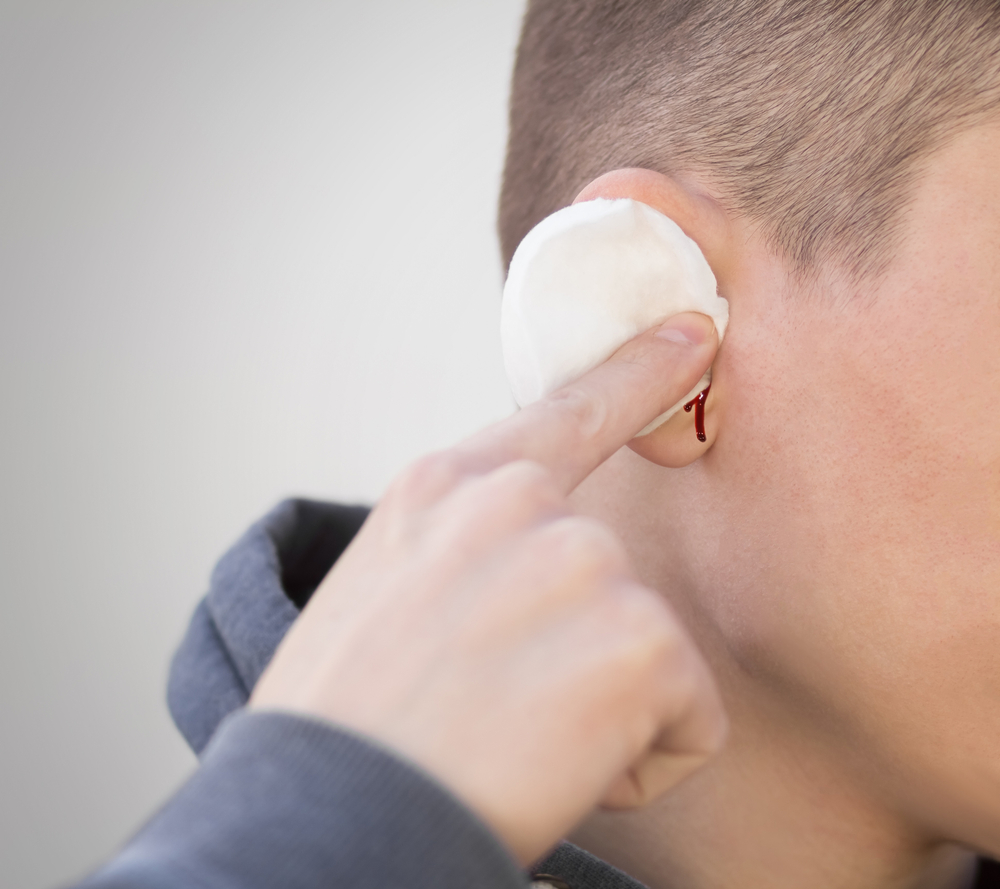Our ears are very, very good at what they do. And that’s part of the problem. In fact, that’s why hearing loss is sometimes so challenging to detect. Your ears (and your brain–let’s give credit where it’s due) are so good at compensating for those early hearing loss symptoms that they’re often almost invisible.
Even when your brain doesn’t receive adequate auditory information, it fills the holes in your perception so smoothly that you rarely notice anything missing. Instead, you have to pick up on relatively subtle signs that your hearing might be faltering (and that a hearing test is warranted). This is often called hidden hearing loss.
And detecting the early signs of hidden hearing loss is essential to preserving your long term hearing health.
The most common sign: The noisy room
So, what is hidden hearing loss? Well, it’s a specific type of hearing impairment where the nerves connecting your cochlea to your inner ear aren’t functioning well. Your ear itself is working fine. But because those intermediary nerves are damaged or misfiring, your brain only receives incomplete information—the signal cuts in and out like some kind of bad cell phone call.
That might become more apparent when you encounter the noisy room challenge. For most people with hidden hearing loss, conversation in a one-on-one, quiet setting is relatively easy to follow. But when your friends go to a bar or a noisy restaurant, your comprehension breaks down. You’re no longer able to follow conversations.
If you notice this happening to you, you might want to have your hearing tested.
A rise in misunderstandings
If you notice a sudden increase in the number of times you ask people to repeat themselves or completely mishear what your sister-in-law asked you on the phone, you might be experiencing another sign of hidden hearing loss. An increase in misunderstandings is a hallmark of this particular type of hearing ailment.
Scientists think that’s because your brain is working with an incomplete data set. Because those nerves in your ear are malfunctioning, not all of the information that your ears hear is processed. And that means, well, your brain has to piece together what it thinks is being said from that incomplete data. And it does all this without your awareness (because speaking and speech comprehension happen really quickly). Constant misunderstandings can, obviously, cause problems in the long run.
You start to lose focus
The third subtle sign of hidden hearing loss you should be on the lookout for is mental fatigue. Usually, this presents as being easily distracted. Maybe it’s been hard to focus while you’re at work. And maybe it doesn’t really feel like it’s getting better (no matter how much coffee you drink). That could be a sign of hidden hearing loss.
That’s because your brain is working overtime. Filling in all those gaps in your hearing is hard work! And it’s constant. Whether it’s the conversation at the lunch table or the rumble of the AC unit, your brain is always working on compensating. And that can be exhausting. As a result, you feel distracted and have trouble concentrating.
You need more than just a hearing test
Hidden hearing loss has earned its name because a typical hearing screening process won’t detect it. Your ear is functioning normally, after all. So if you aren’t fairly perceptive when noticing these subtle signs, hidden hearing loss can be easy to miss.
Real-world tests
This is why some hearing specialists insist on hearing diagnostics that incorporate “real world” stimuli. For example, if you hear perfectly in a quiet room, but not in a noisy setting, then perhaps your hearing test should take place with simulated crowd noise. These new tests have a significant amount of potential when it comes to detecting hidden hearing loss.
Subtle signs are still noticeable
Additional novel tests and diagnostics are being developed to detect hidden hearing loss. And once that hearing condition is detected, your hearing specialist can devise a treatment plan designed to keep your hearing healthy for as long as possible.
True, if your brain and ears were less good at compensating for hearing loss, you might notice your hidden hearing loss sooner. But, as we said, your ears are very good at what they do–and the trick now is preserving as much of that prowess as possible.
The more attuned you are to these subtle signs, the better luck you’ll have in detecting hidden hearing loss as early as possible and preserving your hearing in the process.



